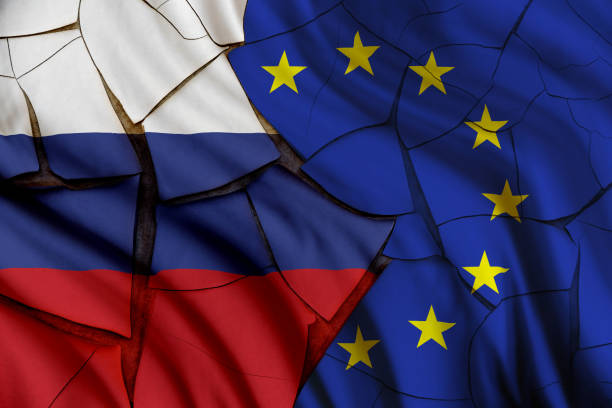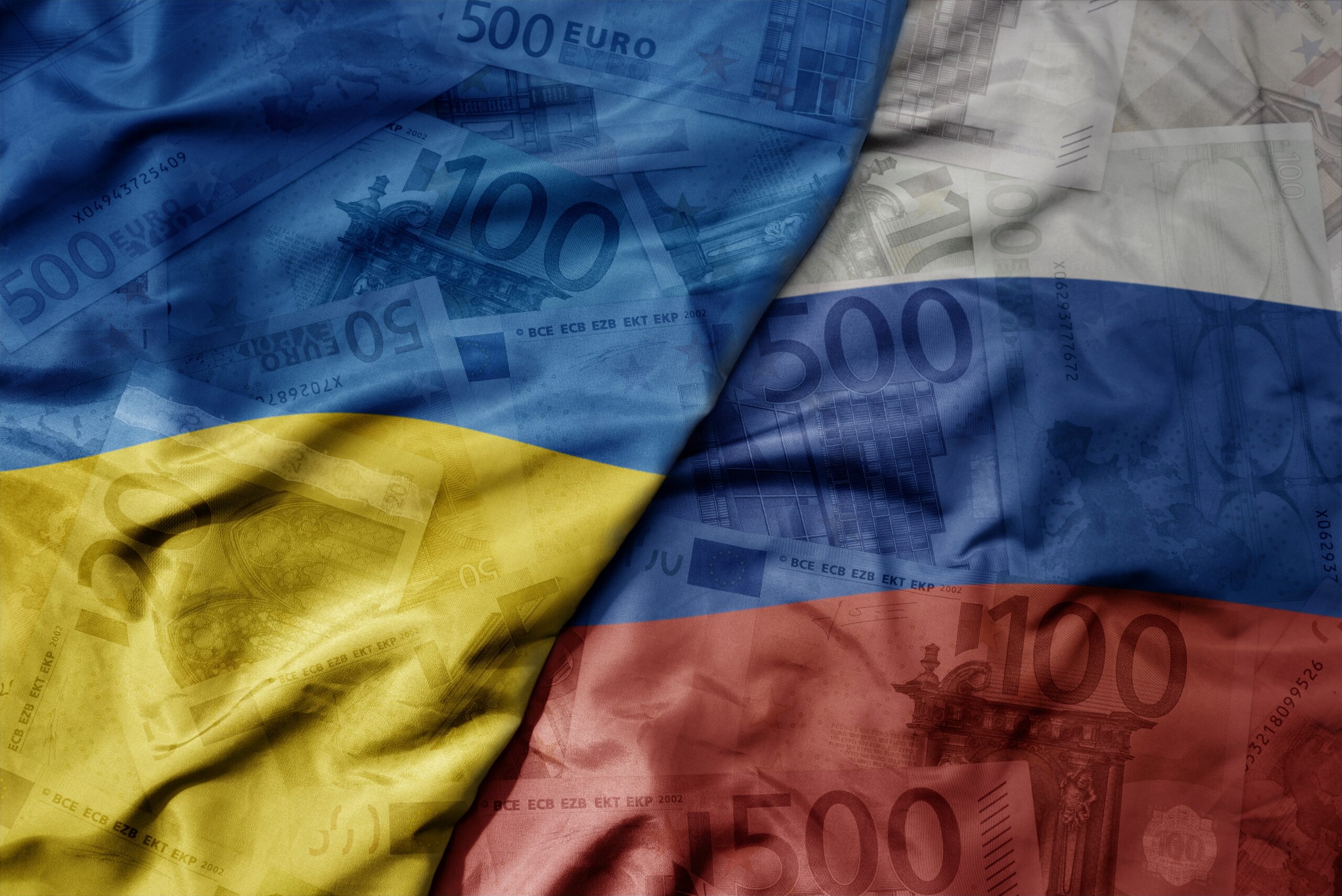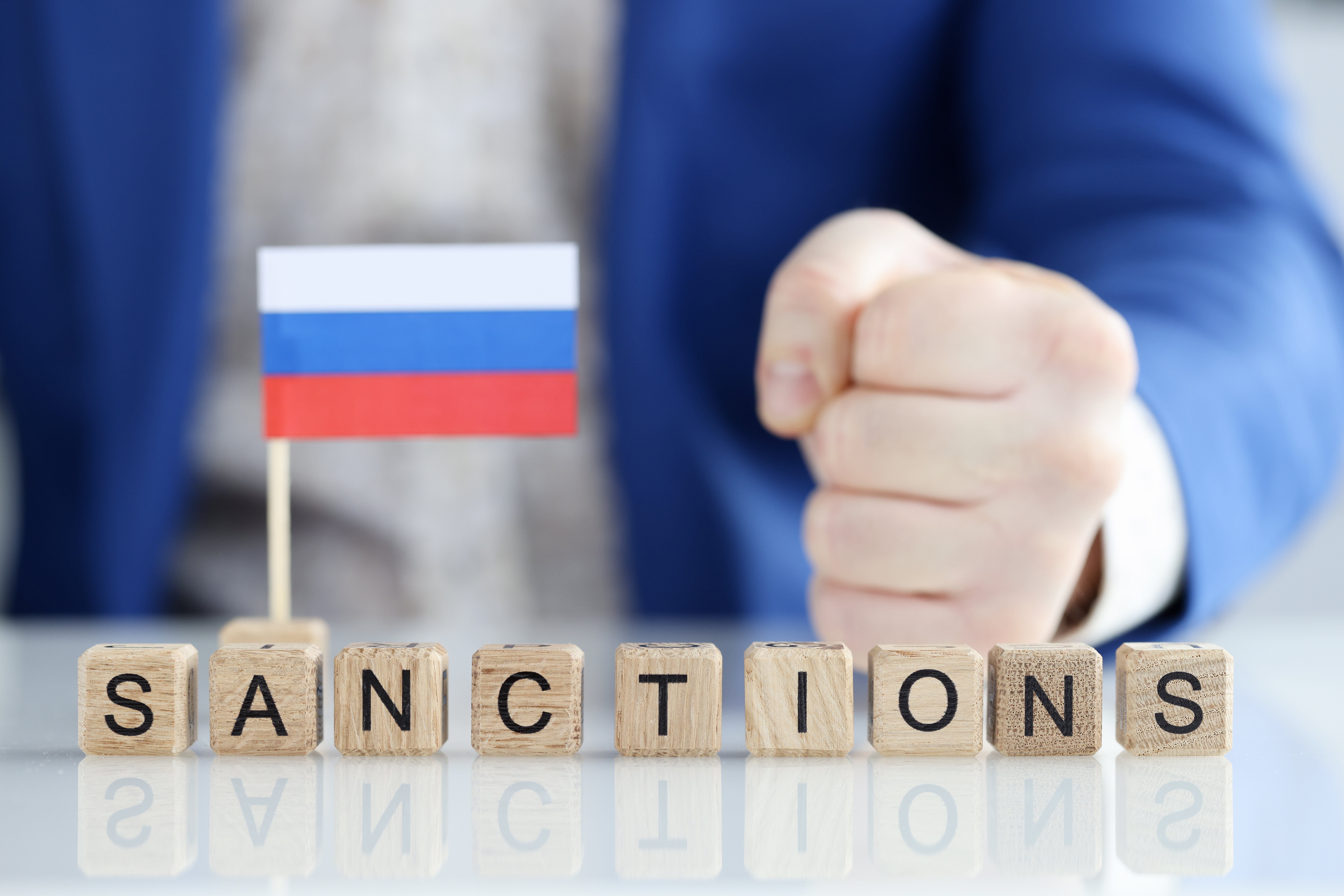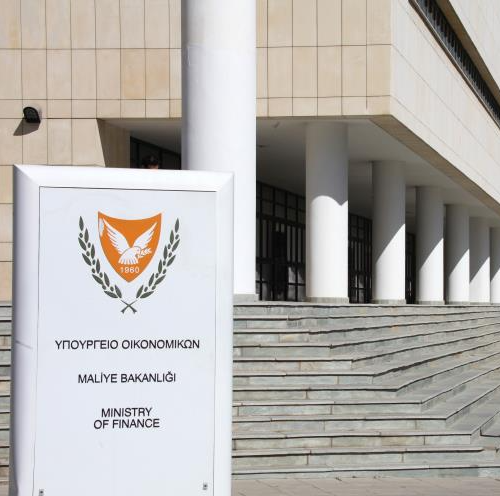In response to geopolitical tensions between Russia and Ukraine, the European Union adopted Regulation 833/2014 (the “Regulation”), with the aim of impeding Russia’s ability to pursue aggressive actions against Ukraine. The Regulation targets key sectors which are crucial to the development of Russia’s economy, military, and defence sectors, by imposing a variety of restrictive measures, including on trade, finance, and investments, thus limiting Russia’s access to key markets and industries.
The scope of the Regulation is being continually expanded and developed since Russia’s invasion of Ukraine in February 2022, most recently in June 2024 with the adoption of the 14th Package of Sanctions against Russia. Keeping up-to-date with amendments to the Regulation is crucial to maintain compliance, and avoid penalties for breaching sanctions regulations. This article provides a brief guide to the key sectors impacted the most under Regulation.
A) Financial Services
The financial services sector is heavily targeted under the Regulation’s significant restrictions. These measures include a ban on transactions with major Russian state-owned banks and financial institutions, with the aim of isolating them from the EU’s financial system. The Regulation prohibits European entities from providing loans, financial assistance, or any form of credit to these institutions, through which they restrict their access to capital markets.
Additionally, the Regulation limits the ability of EU citizens and legal entities to trade in financial instruments, such as bonds or shares, which are issued by these banks. This restriction extends to investment services and prohibitions on providing or transferring funds to or from entities involved in certain sectors, including defense and energy. It is also prohibited to provide services relating to crypto assets, and to advise Russian nationals regarding trusts and financial planning.
A range of business services, including accounting, auditing, bookkeeping and tax consulting services, IT consultancy, legal advisory, management consultancy, public relations, and so on, are also targeted under the Regulation, subject to any exemptions that may apply. These financial sanctions aim to exert economic pressure on Russia, targeting its ability to finance activities contrary to EU and international law, whilst minimizing the impact on the broader financial system.
B) Energy Sector
The energy sector is also impacted heavily by the Regulation, particularly relating to oil exploration, production and distribution activities in Russia. The Regulation imposes restrictions on the export of specific equipment, technology, and services essential for oil exploration and production. These areas are crucial to Russia’s energy strategy, and the restrictions aim to disrupt the development of its oil sector.
Key prohibitions include the export of drilling equipment, and other advanced technologies used for resource extraction. Additionally, the regulation limits the provision of services such as technical assistance, brokering, and financing for oil projects in these restricted areas. Even where the equipment is produced outside of the EU, it is still prohibited for companies and individuals based in the EU to facilitate, assist, or contribute to such projects in any way.
C) Defense and Military Goods
The Regulation’s restrictions imposed on goods, services and technologies which contribute to Russia’s military and defence are crucial in weakening Russia’s ability to continue its invasion of Ukraine. There is a strict prohibition on the sale, supply, transfer, or export of arms and related material, including weapons, ammunition, military vehicles, and equipment. This extends to dual-use goods (items that can serve both civilian and military purposes) if they are intended for military use or for a military end-user in Russia.
The full list of items relating to this prohibition are outlined in Annex VII, and include electronic devices and components, including equipment used to inspect or test electronic components and materials, computers, various software (including information security software), telecommunication equipment, cameras, sensors and lasers, and more.
D) Aviation and Maritime Sectors
The Regulation imposes significant restrictions on the aviation and maritime sectors, primarily focusing on exports of goods, technology, and services. In aviation, the Regulation restricts the sale, supply, or transfer of aircraft, aircraft parts, and related services, including repairs, to sanctioned entities. This impacts maintenance, insurance, and leasing arrangements.
For the maritime sector, similar restrictions apply to vessels and ship-building equipment, focusing on technology critical to offshore energy projects. For example, the maritime transportation of Russian crude oil, and petroleum products, is prohibited. Supplying related goods used in the maritime industry, such as navigation equipment, is also covered under the restrictive measures.
E) Luxury Goods
Under the Regulation, the sale, supply, transfer, or export of certain luxury goods to any Russian individual/legal entity, or for use in Russia, is prohibited. The luxury goods affected are listed in Annex XVIII of the Regulation, and each item must be valued over €300 to be covered under the restrictive measures. The list of luxury goods includes, but is not limited to, certain food products (such as truffles and caviar), certain alcoholic drinks, cigars, perfumes and other beauty products, clothing and accessories, electrical appliances, musical instruments, works of art, and more.
Importantly, the Regulation targets Russia’s jewelry industry, with measures imposed against diamonds and gold of Russian origin, as well as pearls, and other precious and semi-precious stones. The EU has focused on limiting Russia’s ability to trade in this market by introducing tracking systems to trace the origin of Russian diamonds, and restrict their circulation in global markets, thus preventing Russia from enjoying the lucrative profits generated from the diamond trade.
In conclusion, the sectoral restrictions under the Regulation have had a profound effect on companies involved in financial services, energy, defense and military goods, aviation, and luxury goods. For businesses operating in or working with clients in these sectors, it is critical to understand whether their activities involve products or services covered by restrictive measures. Violating these restrictions, even unintentionally, can result in severe legal consequences, including heavy fines and reputational damage.
MK Compliance Limited can provide daily/weekly/monthly updates on sanctions, and AML regulatory developments. These updates ensure that you are kept informed about the latest regulatory changes, therefore ensuring comprehensive compliance.
In addition, we provide sanctions-related consulting services, including transaction reviews, screenings and background checks on your clients and related individuals/entities/counterparties, to ensure your business operations remain fully compliant with all applicable sanctions, mitigating the risk of breaches.
For more information, you may contact our team at info@compliancemk.com or me personally at stella.hadjiloucas@compliancemk.com.




